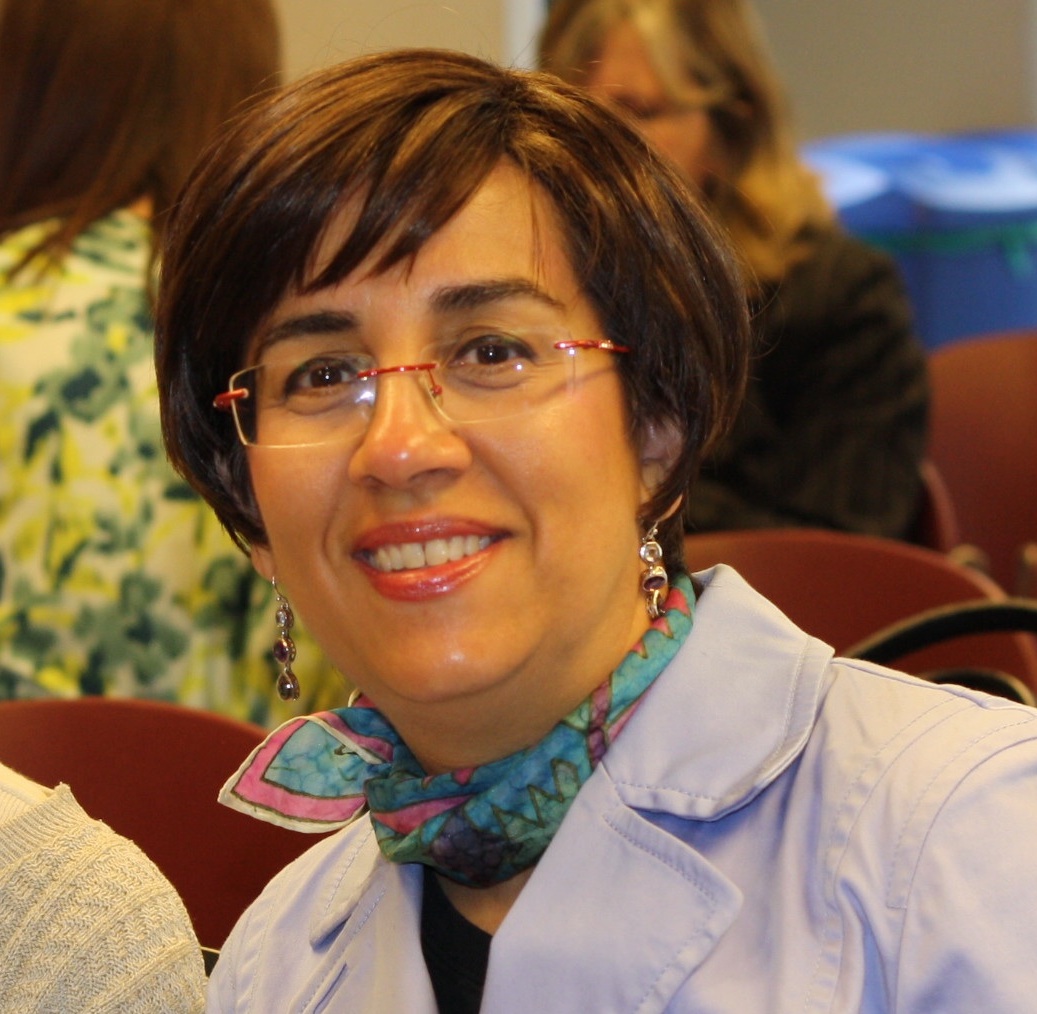Memo #349
By: Gisèle Yasmeen – gisele.yasmeen [at] ubc.ca
 While English is often thought of as the international academic lingua franca, there is significant scholarship on Asia in other languages, including French. French-language scholarship on the Asia-Pacific should be valued, particularly in Canada – a bilingual country home to a number of French-speaking Asianists who publish important works in their mother-tongue.
While English is often thought of as the international academic lingua franca, there is significant scholarship on Asia in other languages, including French. French-language scholarship on the Asia-Pacific should be valued, particularly in Canada – a bilingual country home to a number of French-speaking Asianists who publish important works in their mother-tongue.
My own intellectual interest in Asia was fuelled by French-language scholars and scholarship. I was fortunate to be guided by mentors such as Sinologist Claude Comtois and my appetite for the work of prolific 19th century geographer Élisée Reclus introduced me to French-language work on various world regions, including the Asia-Pacific. Others, such as Rodolphe De Koninck, have published major work, such as L’Asie du Sud-Est, currently in its third edition. Scholars from France, such as Bernard Formoso, have had significant impact on my study of Southeast Asian “foodscapes”.
The 5th Asia Pacific Congress organized by the Groupement d’Intérêt scientifique Etudes asiatiques and the Réseau Asie & Pacifique du Centre national de recherche scientifique was another reminder of the scale, diversity and impact of francophone research on Asia. This bi-annual gathering is the largest of francophone Asianists in Europe. This year’s congress, held in September at l’Institut national des langues asiatiques et civilisations orientales counted 800 participants and 480 presentations – mostly in French – by scholars from numerous countries. Topics included work on China-Africa linkages, transformations in Burma/Myanmar and organic agri-food issues in Laos. The sessions on the public sphere, where I presented on access to space in Bangkok, prompted questioning of whether the concept of “public” is sufficiently nuanced or, at times, ethnocentric.
One of the highlights of the Congress was the presentation of an updated “White Paper” on Asian studies in France featuring a new tool to search doctoral dissertations. This tool helps identify capacity and gaps in the country’s existing knowledge on Asia and potentially presents key issues and data on Asia for research and policy communities.
French-language research on Asia matters. Canada can usefully contextualize its own Asia-related capacity through international benchmarking. Canada should consider doing something similar as part of an analysis of global research and policy capacity on Asia in both English and French.
About the Author:
Gisèle Yasmeen (PhD) is a Senior Fellow at the University of British Columbia’s Institute of Asian Research. More information on her work can be found at: www.giseleyasmeen.com
If you enjoyed this memo, subscribe to our e-newsletter for free and receive new memos weekly via email.

Conference poster of the “5th Asia Pacific Congress” in Paris, France (Credit: Groupement d’Intérêt scientifique Etudes asiatiques)

19th century geographer Élisée Reclus (Credit: New York Public Library).
Links
- Gisèle Yasmeen and Narumol Nirathron, “Vending in Public Space: The Case of Bangkok,” in Women in Informal Employment Globalizing and Organizing No. 16 (May 2014).
- Rodolphe De Koninck (editor), Que savons-nous et que faisons-nous au sujet de l’Asie du Sud-Est au Canada? (What do we know and what do we produce on the subject of Southeast Asia in Canada?), Groupe d’études et de recherche sur l’Asie contemporaine (GÉRAC), Université Laval, (Québec, 1991).
- Bernard Formoso, “Les repas de fête des paysans Isan du nord-est de la Thaïlande” (The Festive Meals of Isan Farmers in Northeastern Thailand) in Autour du riz: Le repas chez quelques populations d’Asie du Sud-Est, edited by Nelly Krowolski (Paris: L’Harmattan, 1993), 83-118.
- General program for the Congrès Asie-Pacifique 2015 , September 9-11, 2015 Paris (France).
- French Research Consortium on Asia, Livre blanc des recherches sur l’Asie et le Pacifique en France (White Paper on Asia Pacific Studies in France).
Related Memos:
See our other memos on Asia.
[…] This post is inspired by my participation in the 2015 Congrès Asie-Pacifique, held in Paris this past September. Here is an excerpt with the full text available here: […]